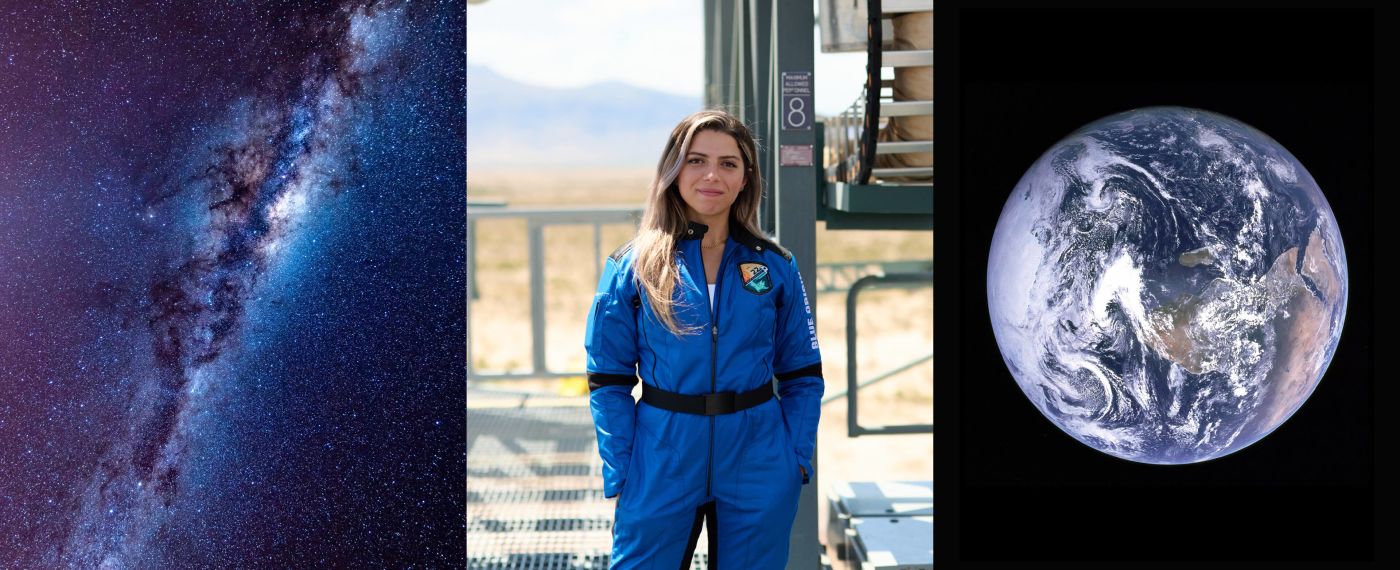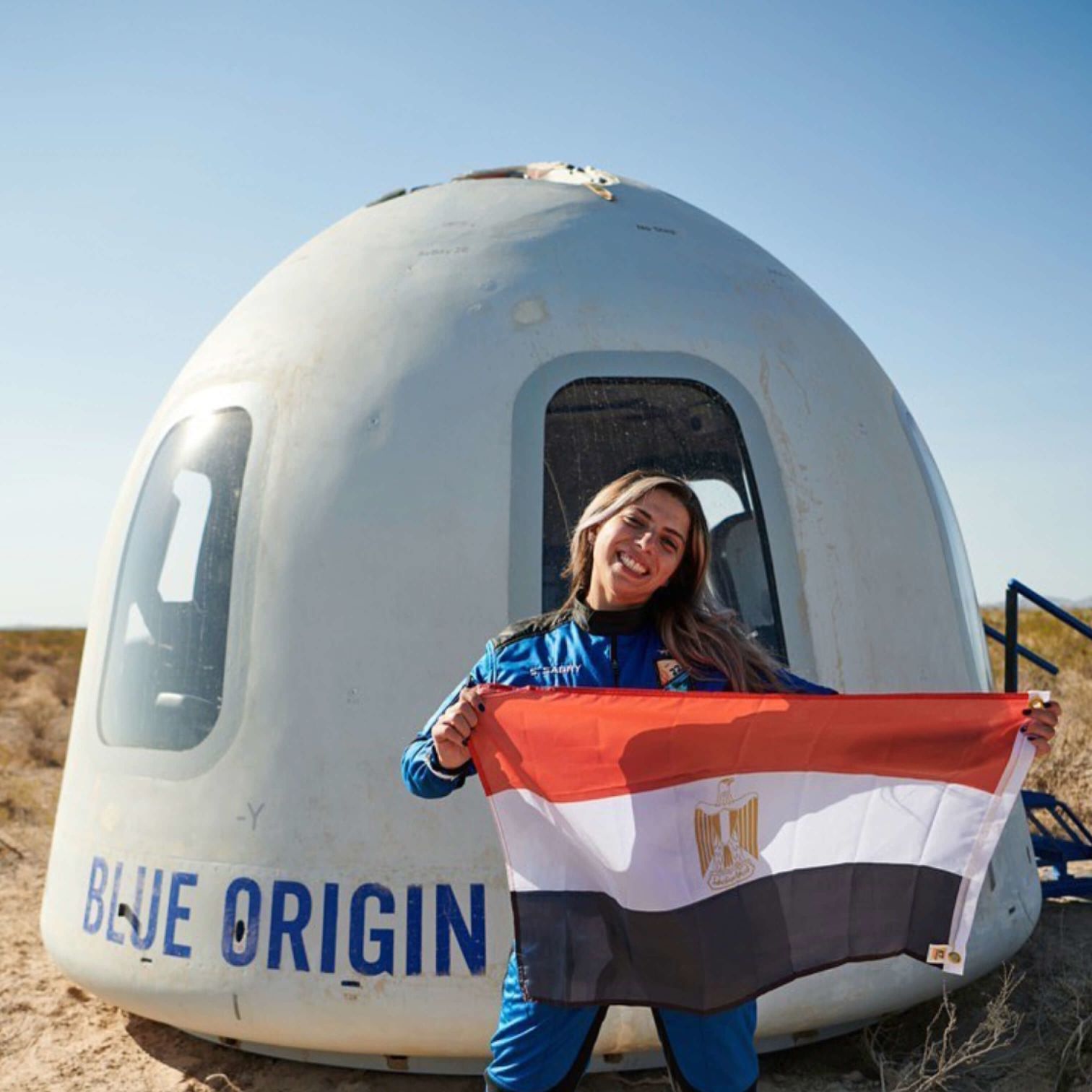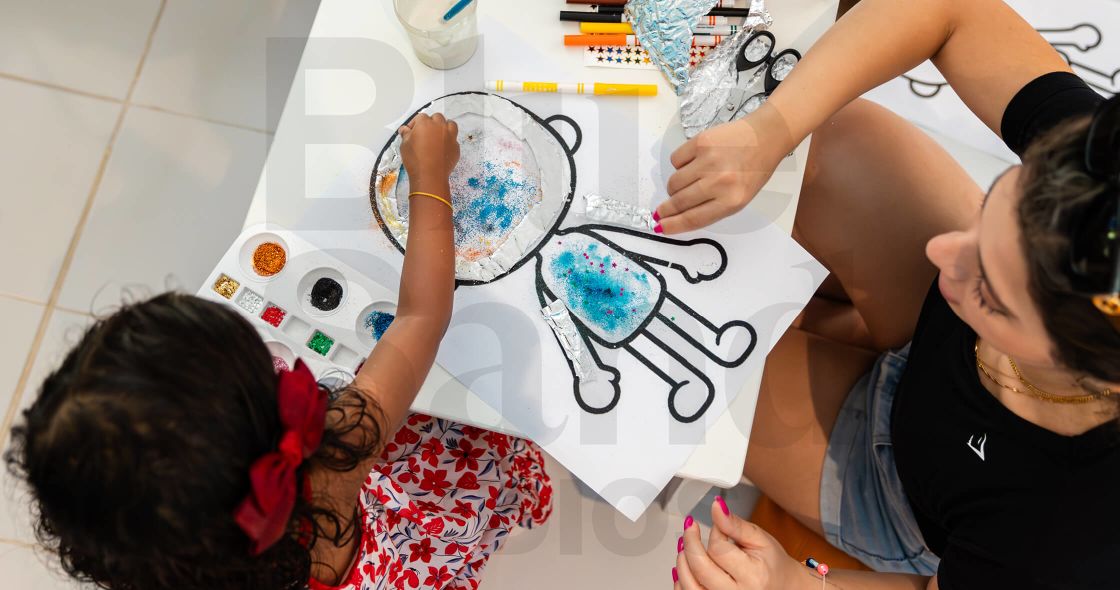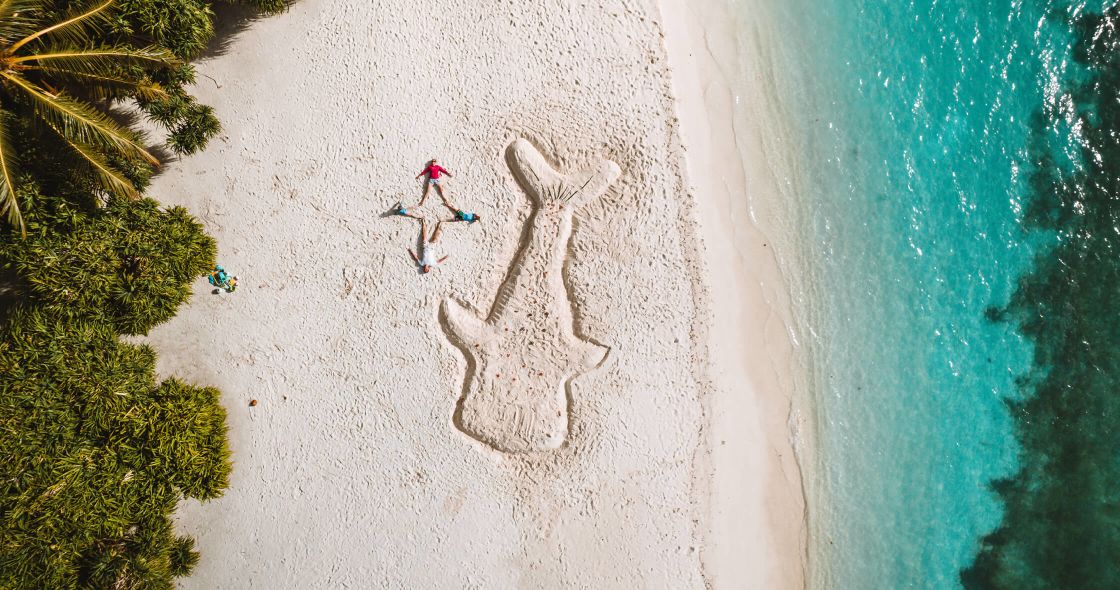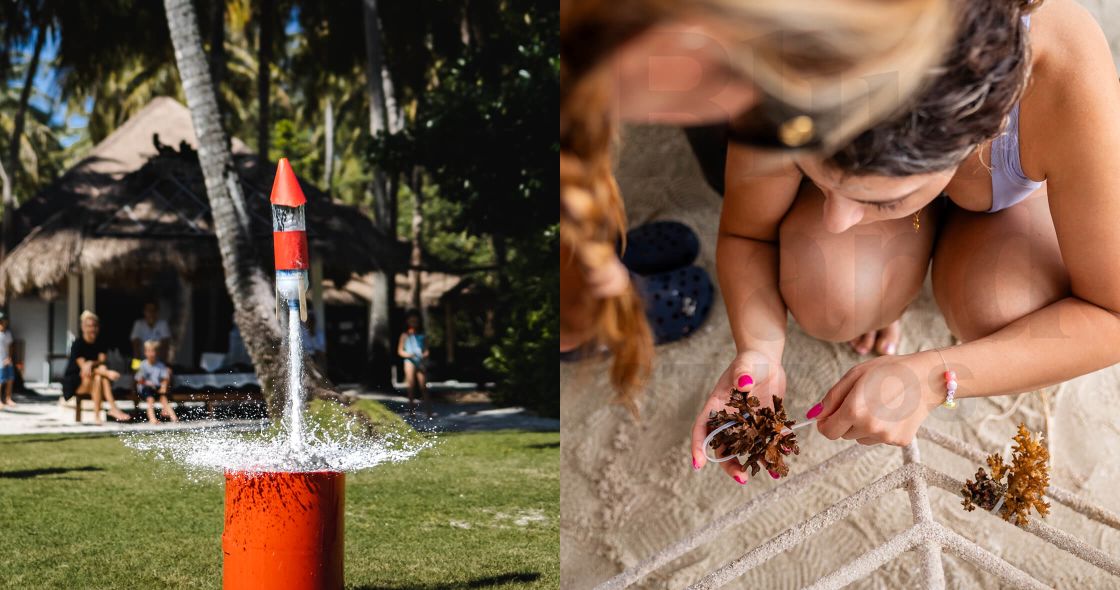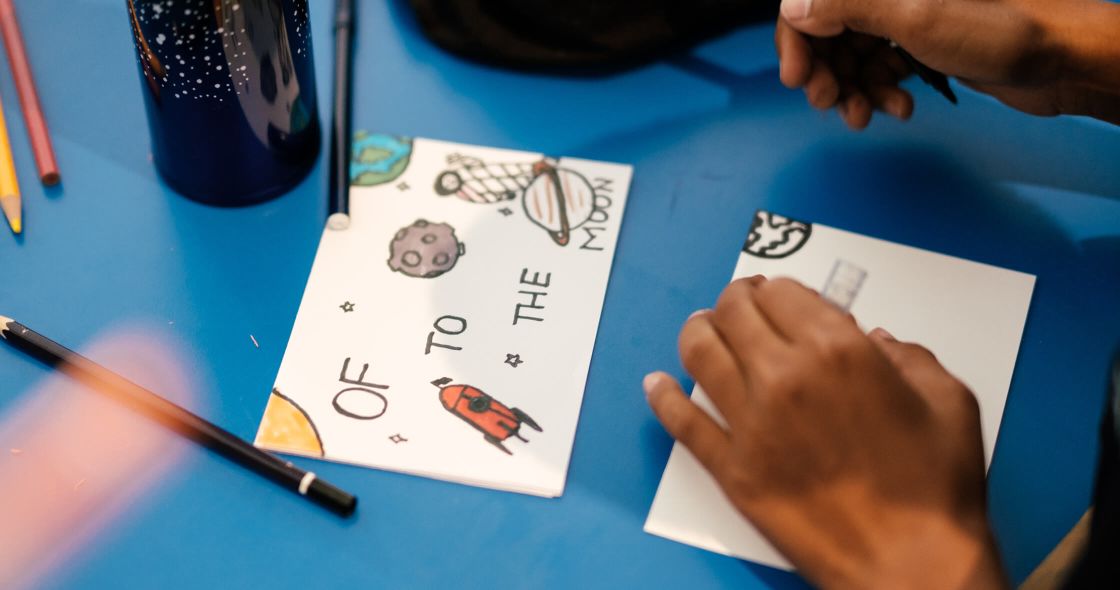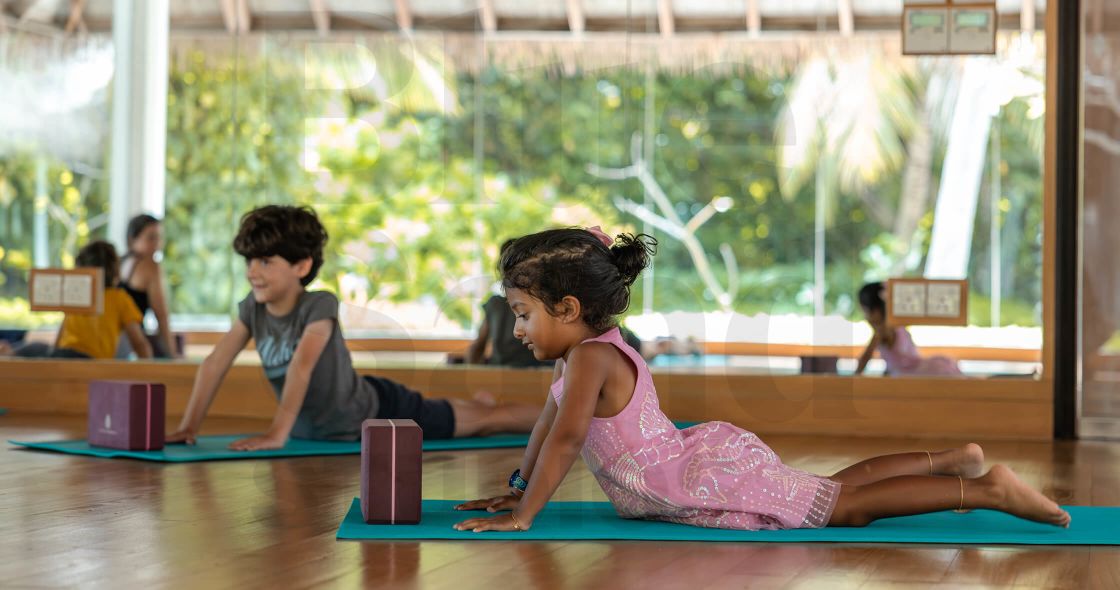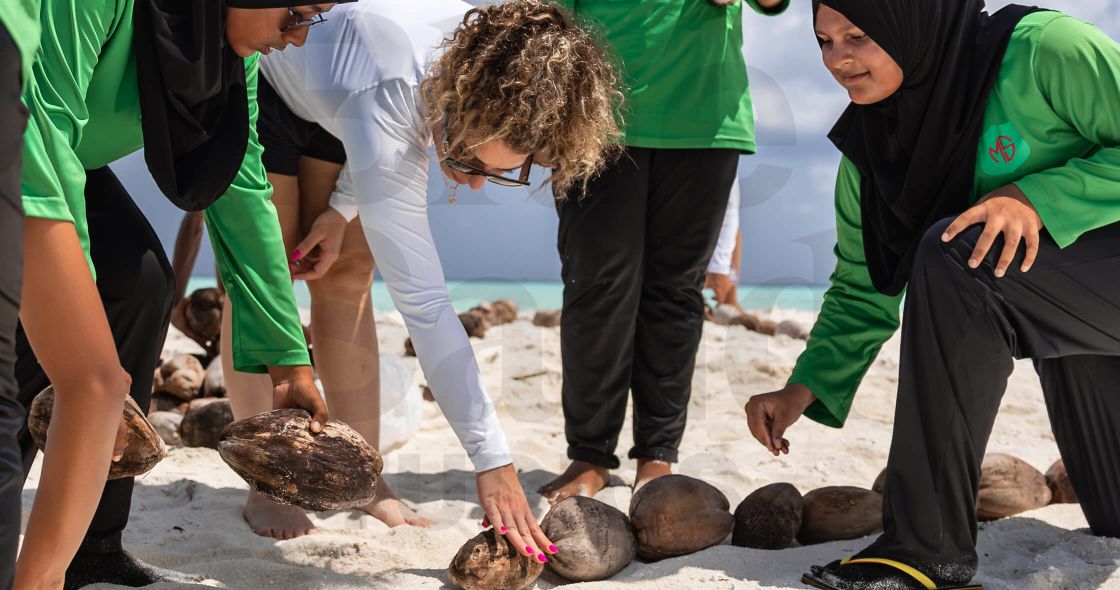YOU HAVE DESCRIBED THE MALDIVES AS BEING “LIKE HEAVEN ON EARTH.” DOES THE EXPERIENCE OF GOING TO SPACE HELP GIVE YOU A GREATER APPRECIATION OF THE BEAUTY TO BE FOUND HERE ON EARTH?
Definitely. I think leaving Earth gives you a very broad perspective on the world. Our brains have not adapted to seeing Earth from above, so the experience really shifts your reality. It helps you see how everything is connected — that we’re part of space, and space is part of us.
It’s a similar feeling to being here in the Maldives and seeing the marine life. The wildlife is so present here, it’s not something we’re used to seeing in our everyday lives. It helps you understand that Earth isn’t ours alone, that it belongs to these creatures first, and that we have a responsibility to protect them.
